To deepen the understanding of Xi Jinping Thought on Socialism with Chinese Characteristics for a New Era and China's governance approach among international business officials, and to promote intellectual exchanges and cultural understanding among countries in the region, on the afternoon of June 7th, the MOFCOM Training Base for International Business Officials (Shanghai) held a reading exchange on Xi Jinping: The Governance of China as part of the Seminar on Investment and Trade Promotion Under RCEP. The participants include Professor Fang Youlin, former Dean of the College of Humanities and Law and initiator of the "One Book a Week" program, Professor Shen Quan, Deputy Secretary of the Party Committee and Deputy Dean of the College of Marxism, Tang Xinhui, Deputy Director of the Publicity Department of Party Committee, Professor Zhou Lifang from the College of Tourism, Shanghai Normal University, and 21 international business officials from RCEP member countries including Indonesia, Laos, Malaysia, and Thailand. The event was hosted by Chen Wei, Secretary of the Party Committee of the College of International Education.
This event marks a novel attempt by Shanghai Business School (SBS) to integrate deeply the international dissemination of Xi Jinping Thought on Socialism with Chinese Characteristics for a New Era with the cultivation of reading culture among Shanghai universities. The exchange combined immersive experience, interactive discussions, and intercultural dialogue, using a shared reading of Xi Jinping: The Governance of China (Volume IV) to build bridges for intellectual communication, mutual understanding, and shared experience.
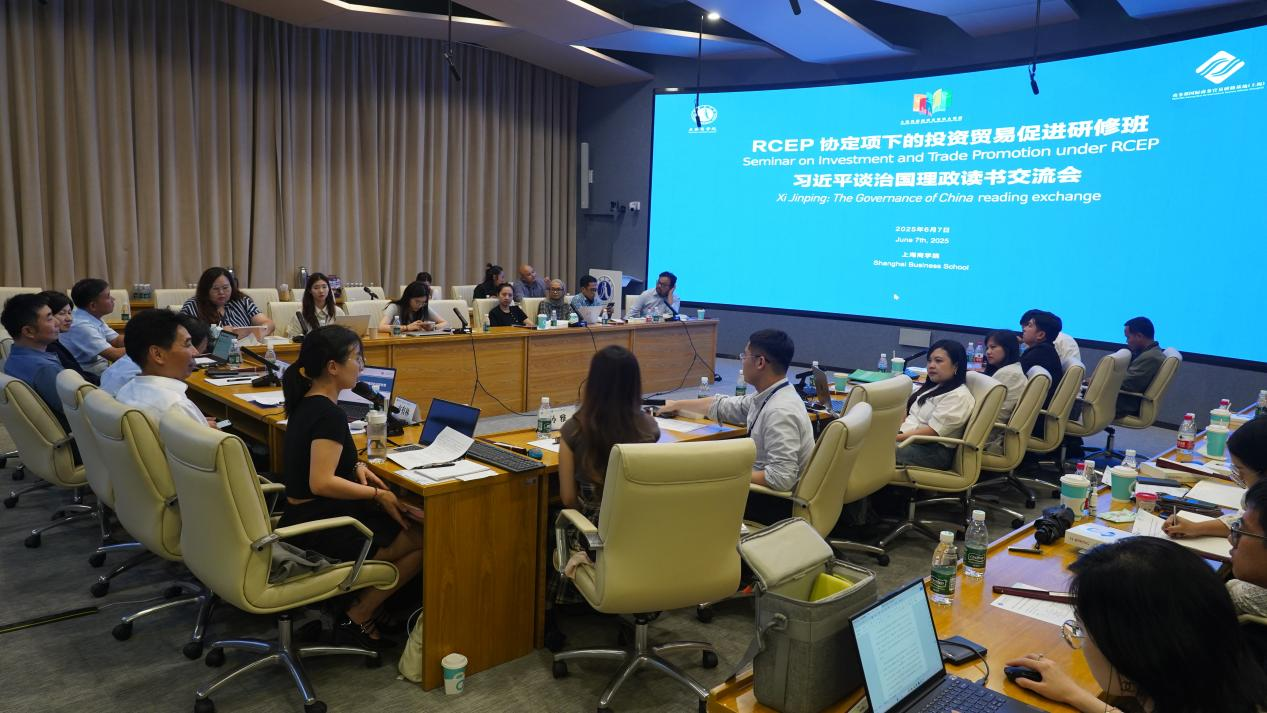
At the exchange forum, Tang Xinhui delivered a presentation titled "Dedicated to Passing the Torch of Knowledge: Cultivating Literary Excellence Through Thematic Reading", providing a comprehensive overview of the SBS’ themed reading initiative. He emphasized the fundamental role of reading in the transmission of human civilization, cultural communication, and personal growth. The university has always prioritized the concept of reading for education, having conducted themed reading activities for five years, continuously promoting the construction of a "book-scented campus". This event extends the reading exchange to an international training platform, representing an important practice of cultural integration and shared wisdom.
Professor Fang Youlin, using the theme "Prioritizing Reading and Learning: Chinese Wisdom in Governance and Statecraft", introduced the close connection between reading and governance to international officials. Relying on the experience of the Communist Party of China's emphasis on reading and learning, he elaborated on the importance of reading for national salvation, rejuvenation, and strengthening. He also outlined China's experience in promoting nationwide reading to address challenges such as lacking of time and comprehension difficulties. In addition, he stressed that reading is a crucial aspect of governance, and that the Communist Party of China has always valued systematic learning and theoretical accumulation. He expressed his hope that international participants would internalize the wisdom from classical readings, enhancing their leadership and strategic judgment.
Professor Shen Quan, under the theme of "Continuing the New Chapter of Marxism's Sinicization and Adaptation to the Times", provided an introduction and guide to Xi Jinping: The Governance of China (Volume IV). Focusing on the latest developments in Xi Jinping Thought on Socialism with Chinese Characteristics for a New Era, she provided a deep interpretation of the ideological context, logical framework, and contemporary value of Xi Jinping: The Governance of China (Volume IV), helping international business officials better understand China's governance approach and wisdom. She stated that Volume IV is a glorious document continuing to write a new chapter in Marxism's sinicization and adaption to the times, a guideline for embarking on a new journey of building a modern socialist country in all respects, and a strategic plan for responding to the risks and challenges of a world undergoing profound changes unseen in a century.
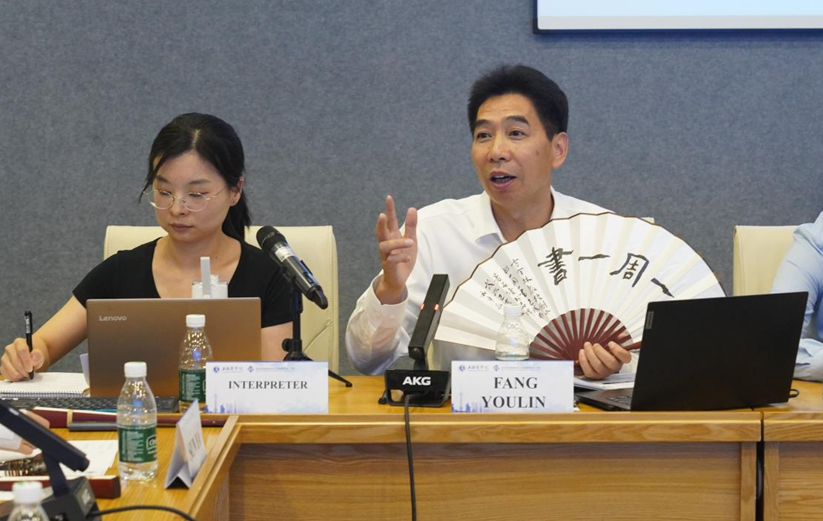
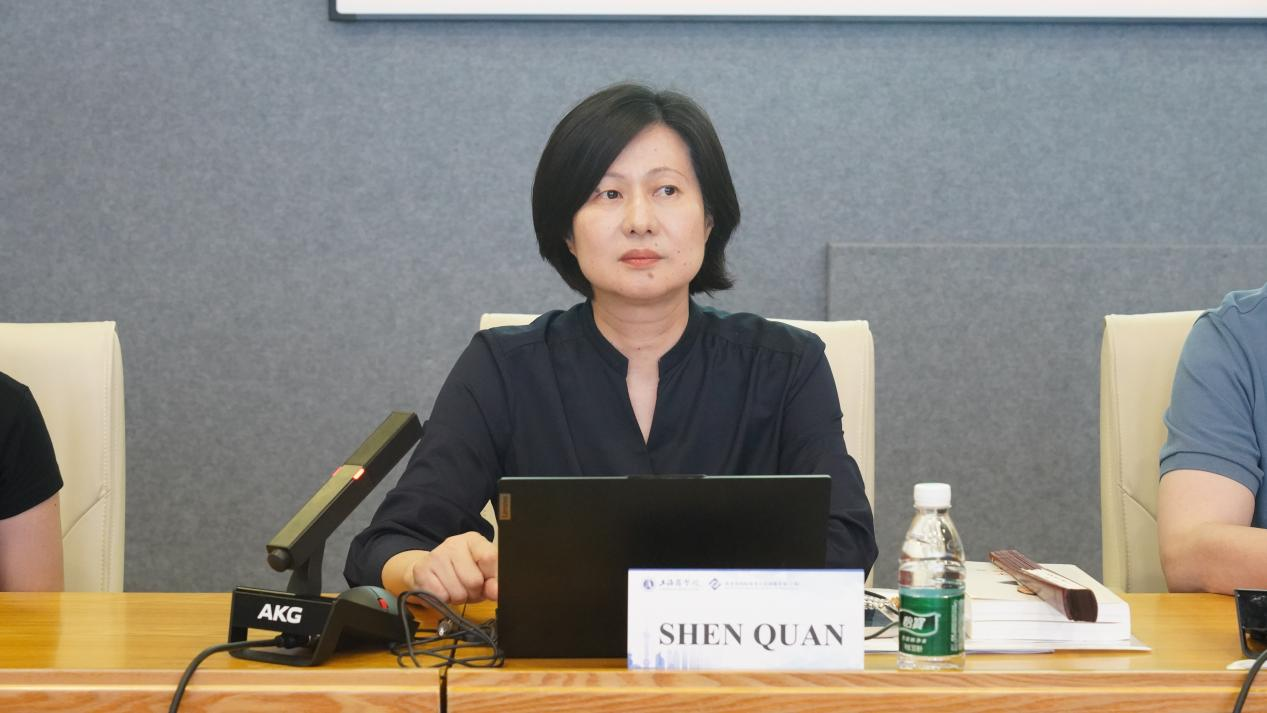
These insightful presentations sparked enthusiastic responses from the officials. Ms. Herlinice Sartika from the Kementerian Sekretariat Negara Republik Indonesia raised the question of "how to maintain deep reading in the age of information fragmentation". Professor Fang responded that information fragmentation is a global challenge, but deep learning requires proactive selection and sustained investment. He stressed that only by immersing oneself in classics can a clear and sustainable cognitive system be built.
Mr. Thananaj Sirisakul, a trade official from the Department of Trade Negotiations, Thailand, said that the book club's sharing was very enlightening, helping him further understand President Xi Jinping's governance philosophy and China's governance wisdom. He added he would carefully read Xi Jinping: The Governance of China, drawing wisdom and strength to drive national growth and international cooperation.
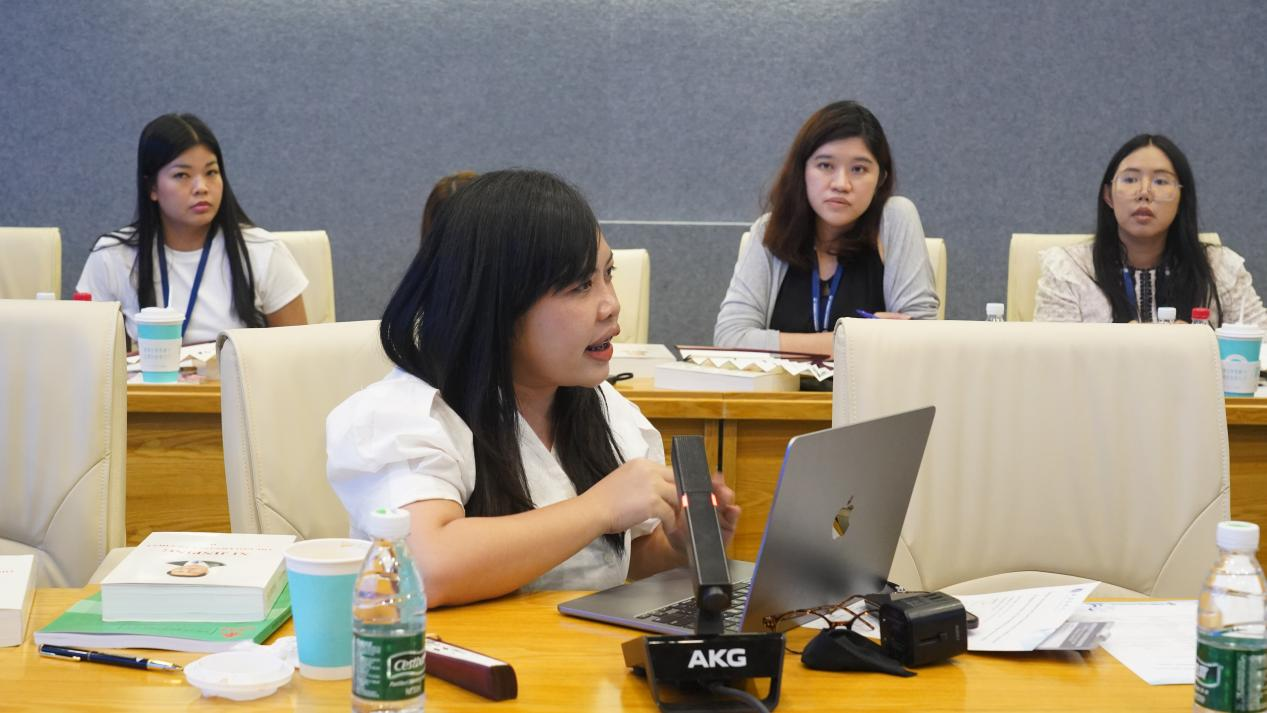
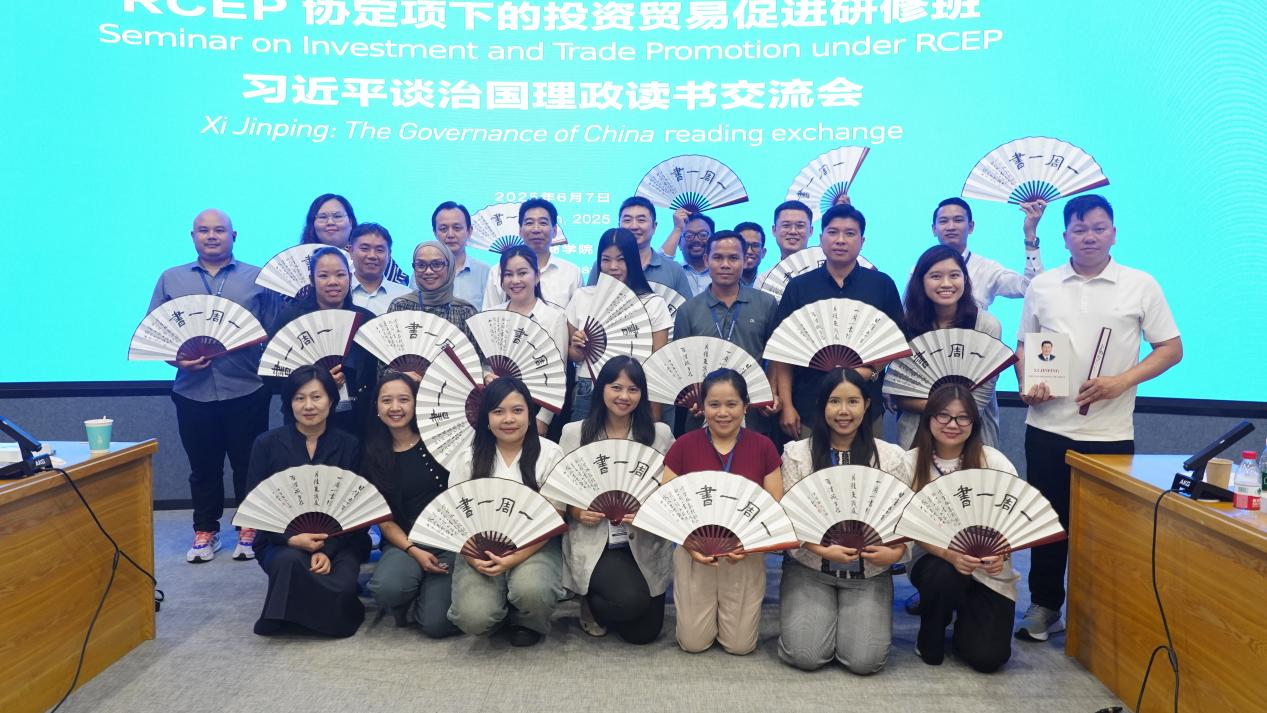
Finally, Secretary Chen Wei delivered a concluding speech on behalf of the Chinese side. He stated that reading is not only an effective way for personal growth but also the spiritual cornerstone of building common human values. The reading exchange not only allowed international officials to understand China's long-standing reading culture and gain a deeper understanding of CPC Central Committee general secretary Xi Jinping's important thoughts on governance but also further promoted the concept of lifelong learning and rekindled everyone's confidence in persistent reading. He hoped that everyone would further firmly establish the concept of lifelong learning, cultivate good reading habits and continuously improve their personal qualities and abilities, contributing to the development of their respective countries and the well-being of the people.
Disseminating Xi Jinping Thought on Socialism with Chinese Characteristics for a New Era to the international community is one of the key tasks of this year's foreign aid training program. This reading exchange broke conventional models, integrating foreign aid training with domestic nationwide reading activities, further enhancing the breadth and depth of the exchange and facilitating innovation in forms. It is a vivid practice of disseminating "China's governance" to the international community. It not only fully demonstrates the governance philosophy of Chinese-style modernization but also injects new impetus into promoting policy communication and people-to-people connectivity under the Belt and Road Initiative. It was a gathering of shared classics learning and intellectual resonance, and a political education class aimed at better telling China's stories to the world.
Written by: Sun Ya, Hong Xingzhi
Photographed by: Li Zheng
Reviewed by: Chen Wei